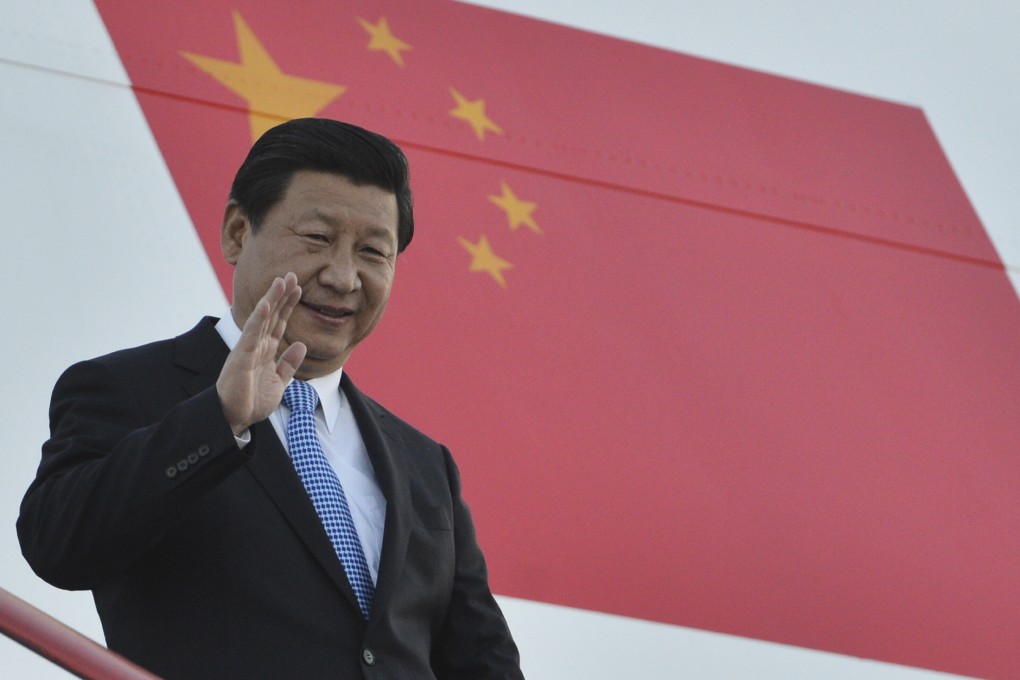What's the real test to Xi Jinping and the Communist Party at the Third Plenum?

There is something odd and disturbing about the conventional wisdom surrounding the upcoming Third Plenum of the 18th Central Committee of the Chinese Communist Party (CCP). As the November 9-12 conclave draws near, the international community’s attention seems to be focused mainly on technocratic policy changes deemed essential to restructuring China’s state-dominated economy and reenergising growth.
Will the government liberalise interest rates or loosen capital controls? How will the fiscal system be revamped? Will land reform be part of the package?
The list of such questions goes on. Outside China, the prevalent view among business leaders is that President Xi Jinping’s new administration has consolidated its power and acquired enough authority to push through far-reaching economic reforms. He and his colleagues need only to get the specific policies right.
On the surface, such thinking may seem reasonable. In China’s top-down political system, a unified leadership is seen as fully capable of forcing the bureaucracy to comply with its wishes. With Xi’s anti-corruption campaign in full swing, and the example of Bo Xilai’s imprisonment serving as a warning to the new president’s adversaries (no matter how senior they are), Chinese officials at all levels, it is widely believed, are likely to toe the line.
Unfortunately, this view is both too sanguine and naïve. It overestimates the effectiveness of anti-corruption campaigns in contemporary China (there have been many in the last three decades), and it overlooks the political sources of the country’s economic slowdown. While Xi’s efforts to cleanse the rot inside the Chinese party-state should be applauded, it is no less important to recognise their limits.
So far, Xi’s campaign has remained a conventional affair involving selective prosecution. Given the central government’s well-known inability to enforce its policies at the local level and the prevalence of tight-knit patronage networks in Chinese provinces and cities, it is unrealistic to expect that the current anti-corruption drive will produce significantly better results than in the past.
Indeed, the fight against corruption is at war with itself, because Xi is simultaneously seeking to buttress one-party rule. But it is precisely the absence of effective checks on the exercise of power that encourages and sustains rampant corruption in the first place.